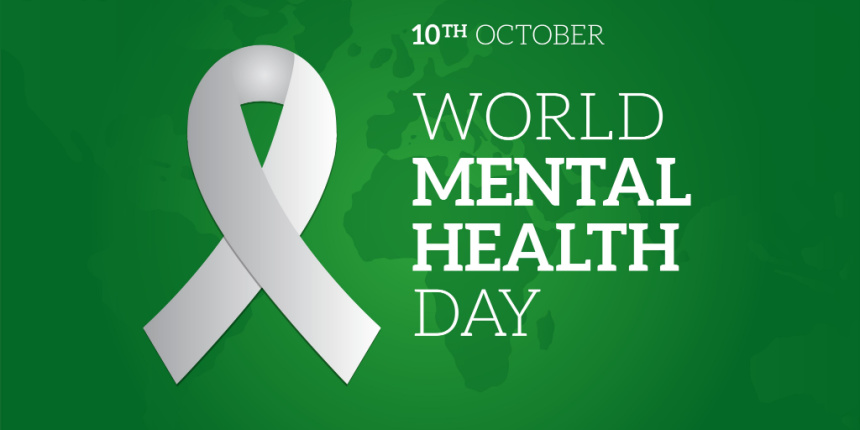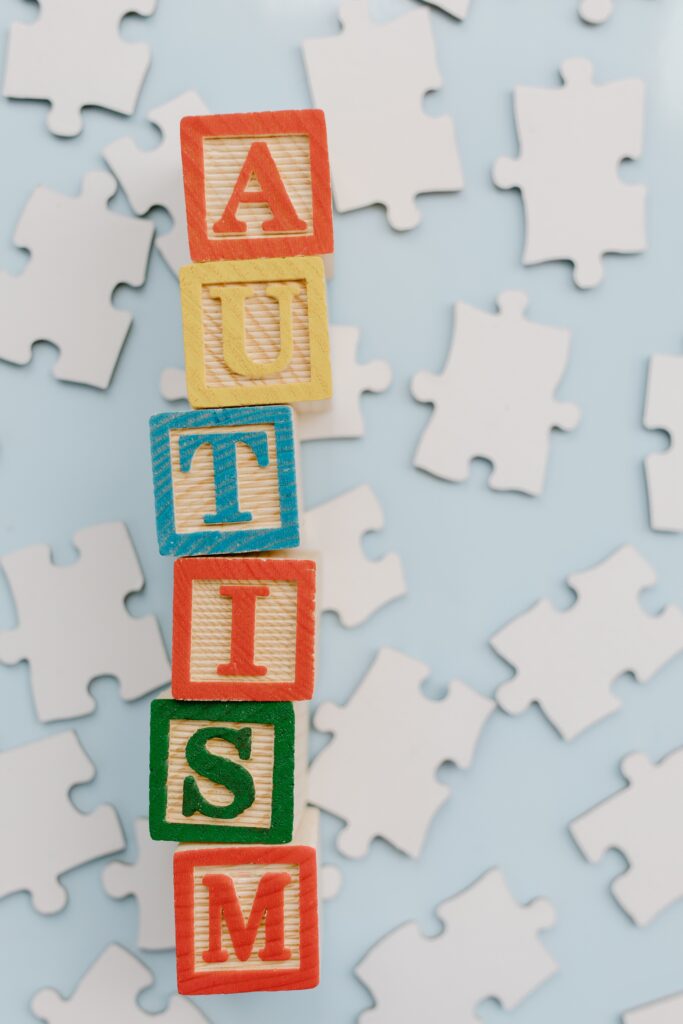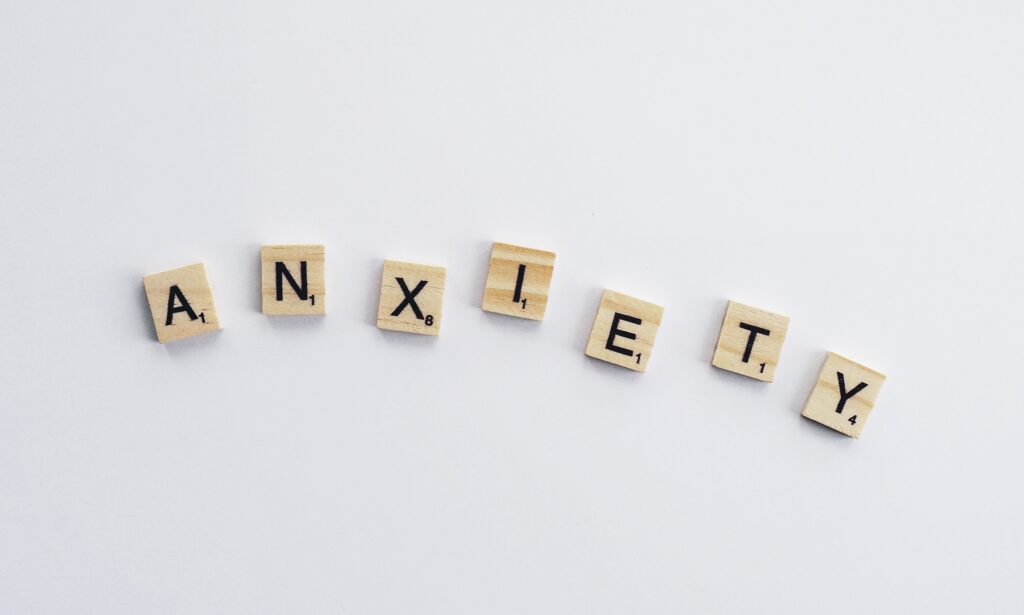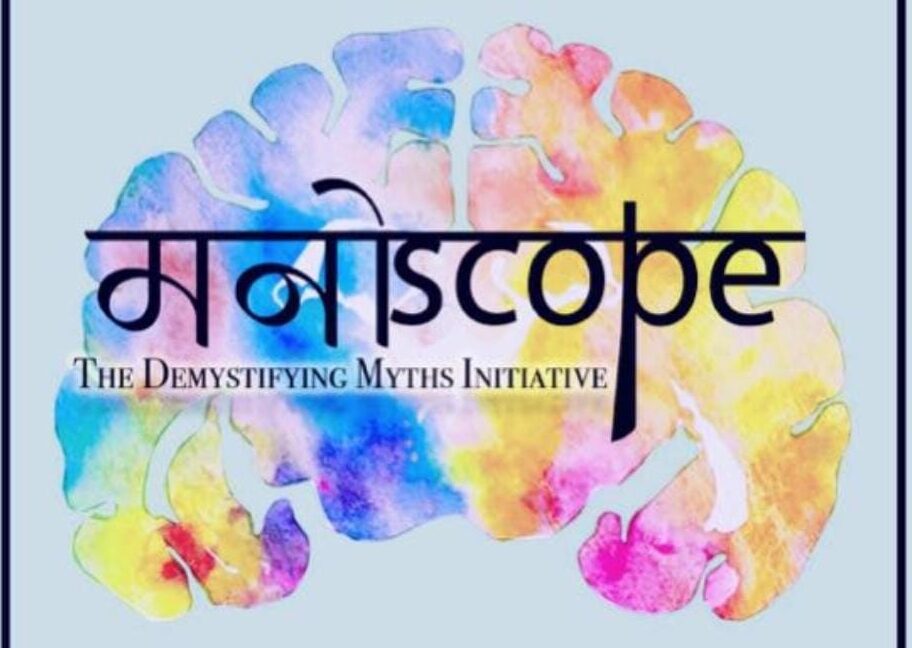
World Mental Health Day is on October 10 and as our understanding of mental health grows, we grow along with it
Mental health has come a long way since the early nineties when the World Federation of Mental Health (WFMH) officially established the day. Our self-awareness and sensitivity towards it have changed things for the better. Our language surrounding mental health has improved as words like “crazy” and “lunatic” are used less flippantly and we come to better understand that they can be unintentionally hurtful and stigmatizing. While we’ve learned a lot, there’s still so much more we can do to evolve as a society.
Mental Health basically has multiple types of classifications which are found in the society and it can vary from person to person , to be precise Mental Health disorders can be majorly classified in the commonly known names as mentioned below .
1-Schizophrenia
A mental disorder characterized by delusions, hallucinations, disorganized thoughts, speech and behavior.

2-Major depressive disorder
Mental health disorder having episodes of psychological depression.

3-Bipolar disorder
A serious mental illness characterized by extreme mood swings. They can include extreme excitement episodes or extreme depressive feelings.

4-Post traumatic stress disorder
A mental health condition that develops following a traumatic event characterized by intrusive thoughts about the incident, recurrent distress/anxiety.

5-Autism spectrum disorder
A neurodevelopment disorder that causes a wide range of impairments in social communication and restricted and repetitive behaviors.

6-Borderline personality disorder
A mental disorder characterised by the instability in mood, behaviour, and functioning.

7-Obsessive compulsive disorder
A mental health disorder characterised by repetitive actions that seem impossible to stop.

8-Asperger’s syndrome
A neurodevelopment disability that affects the ability to effectively interact and communicate with people.

9-Anxiety disorder
A group of mental illnesses that cause constant fear and worry. Characterised by sudden feeling of worry, fear and restlessness.

10-Dissociative identity disorder
A mental disorder when a patient has two or more personalities.
HISTORY OF WORLD MENTAL HEALTH DAY !!
In 1992, the World Federation of Mental Health led by the deputy secretary-general at the time, Richard Hunter, created World Mental Health Day. They didn’t have a precise objective other than to advocate for mental health as a whole. To say the least, it was an uphill climb to change a plethora of bad and dangerous habits that were making a difficult situation worse for people.
The world had a host of mental health issues that weren’t properly being treated. There were struggles to gain public funding for treatment in France, inhumane treatment in New Zealand, and an overall ignorance in regards to what mental health actually is. The WFMH knew that they needed to act on a global scale to solve a global crisis.
For the first three years, there was a two-hour telecast broadcast across the globe through the U.S. information agency satellite. The studio was located in Tallahassee, Florida and it became a useful way to get their message of advocacy out to the world. They had participation from Chile, England, Australia, and Zambia, while Geneva, Atlanta, and Mexico City pre-taped segments for the broadcast.
The first World Mental Health Day theme was ‘Improving the Quality of Mental Health Services throughout the World’ in 1994. 27 countries sent feedback reports after the campaign and there were national campaigns in Australia and England. Continuing this momentum, WFMH board members across the globe arranged events in accordance with the day and its growing popularity among government departments, organizations, and civilians alike.
Starting in 1995 and continuing on, the Pan American Health Organization (PAHO) arranged the translation of the planning kit material into Spanish, French, Russian, Hindi, Japanese, Chinese, and Arabic. As the years passed, more countries got involved and, consequently, so did civilians as the perception of mental health became more synonymous with human rights.
The themes for World Mental Health Day expanded along with the times. Women, children, health, work, trauma, suicide, and so much more became a part of the conversation, and today, the average citizen is more knowledgeable in regards to mental health.
